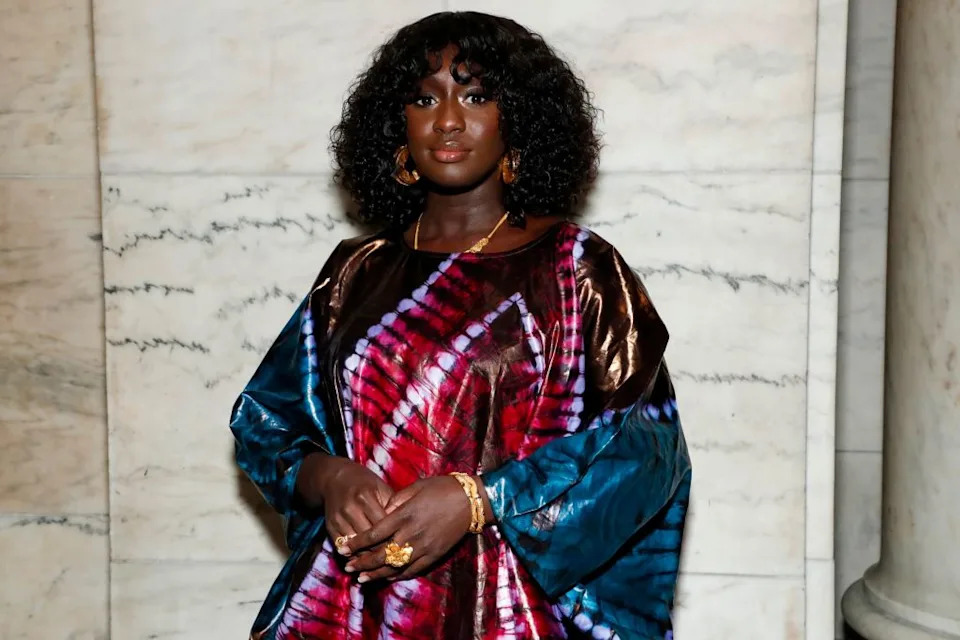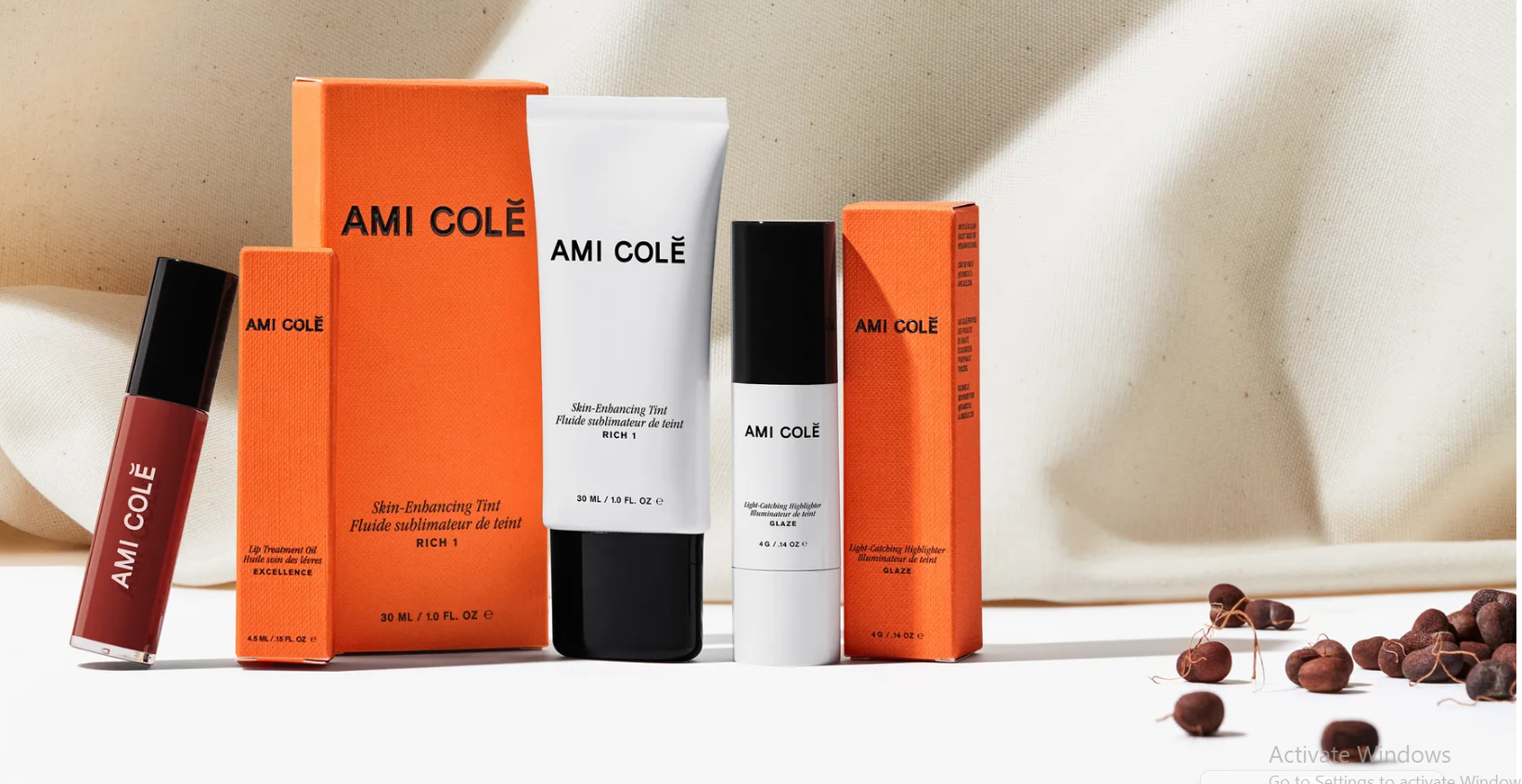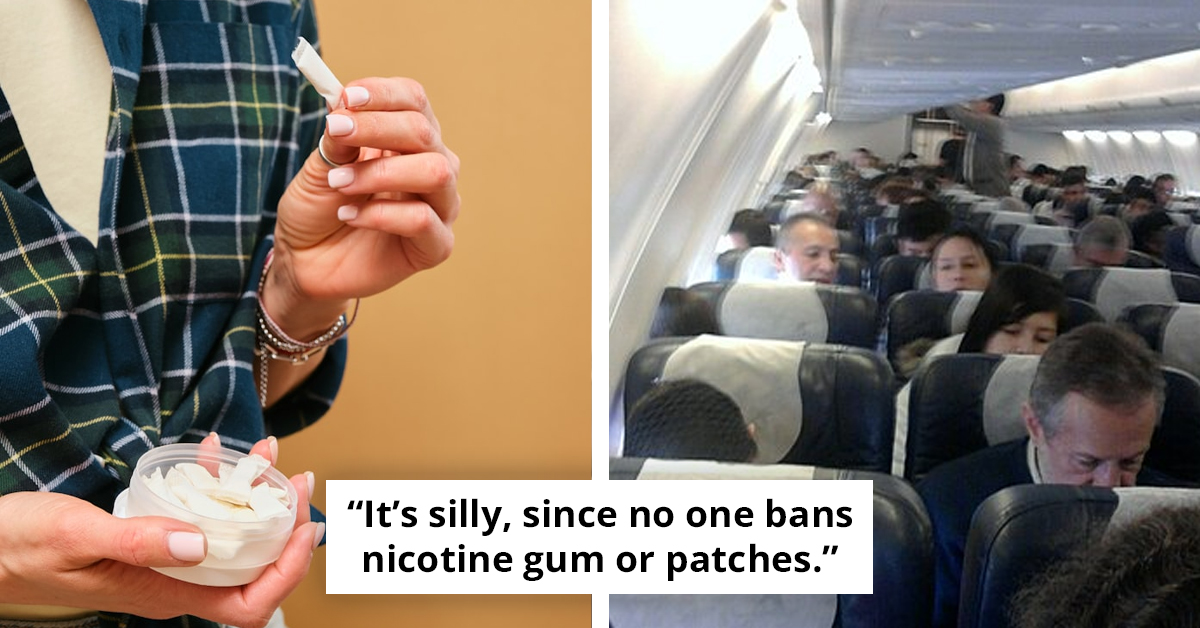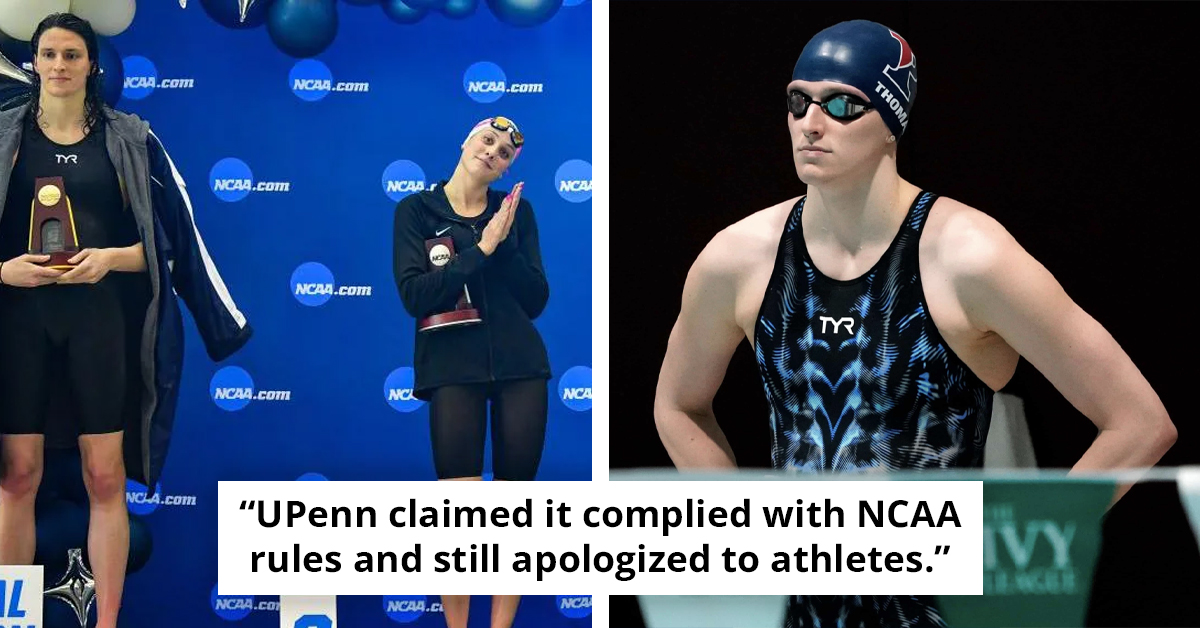Ami Colé Winds Down Operations Following $3 Million Investment
It’s one thing to start a business. It’s another to build one that gets national attention, earns loyal fans, and lands a spot on Sephora’s shelves.
But even with all that, staying afloat in today’s market isn’t guaranteed, especially when you're playing in an industry dominated by giants and navigating the unspoken pressures that come with being a Black founder.
This week, Diarrha N’Diaye-Mbaye, the founder and CEO of Ami Colé, announced that the beloved beauty brand will officially shut down in September. The brand launched in 2021 with a clear mission: create high-quality makeup that works for people with darker skin tones - a group often sidelined by mainstream cosmetics.
And for a while, it worked. Celebrities like Kelly Rowland and Mindy Kaling were fans. The products were praised for their quality. The brand was sold through Sephora. But even all that wasn’t enough.
N’Diaye-Mbaye announced in a personal essay for The Cut, explaining that she’d explored every possible path before deciding to close. “After looking at every option,” she wrote, “it became clear that continuing in this current market wasn’t sustainable.”
That’s not for lack of trying. Ami Colé raised more than $3 million in venture capital, according to PitchBook. Investors included G9 Ventures, Greycroft, and several high-profile angels, like Hannah Bronfman and The Cut's editor-in-chief, Lindsay Peoples Wagner. But the road was rougher than it seemed.
Ami Colé surged with 2020’s DEI momentum, but investor support faded as retail challenges mounted.
Ami Colé was part of a wave of Black-owned businesses that got a boost in the wake of George Floyd’s murder, during a time when investors and corporations scrambled to support DEI-related ventures. But that momentum hasn’t lasted. N’Diaye-Mbaye hinted that investor enthusiasm started to shift, especially as expectations clashed with the realities of running a retail brand in a tough market, which is getting even harder with large EU pharma companies moving to the USA.
“Instead of focusing on the healthy, sustainable future of the company and meeting the needs of our loyal fan base,” she wrote,
“I rode a temperamental wave of appraising investors - some of whom seemed to have an attitude toward equity and ‘betting big on inclusivity’ that changed its tune a lot, to my ears, from what it sounded like in 2020.”
In other words, the energy that helped launch Ami Colé started to fizzle out, and that left her in a tough spot. While the brand had a dedicated customer base, growing quickly to meet investor expectations meant bigger spending, especially on marketing, without the same level of return.
Some weeks, sales would spike. Others, nothing moved. And when you’re an independent brand competing with multibillion-dollar corporations, every misstep costs more.

Despite the pressures and setbacks, N’Diaye-Mbaye isn’t done building.
There was also the emotional toll. It’s hard enough to build a brand from the ground up. Doing it while feeling the pressure to represent a whole movement, while answering to investors whose interest may have been more performative than lasting, adds another layer of stress.
Meanwhile, broader trends didn’t help. Venture capital funding to Black founders is now at a multi-year low. The political pushback against DEI has made it harder for businesses tied to those values to attract support, no matter how strong their products or customer loyalty may be.
Still, N’Diaye-Mbaye isn’t walking away in defeat. While this chapter may be closing, she’s made it clear that she’s not done building - or dreaming.
“I still believe in beauty - at every level - and I’m looking forward to discovering what comes next,” she said.

Her story isn’t just about a single beauty label shutting its doors. It shows how tough it still is for Black founders to scale a company, even after early buzz and investor backing. It shows how quickly enthusiasm can fade when conditions shift.
And it shows why protecting your vision matters when the market lags. Ami Colé may be winding down, but the discussion it sparked, about representation, fairness, and what genuine support looks like, is still gaining ground.




